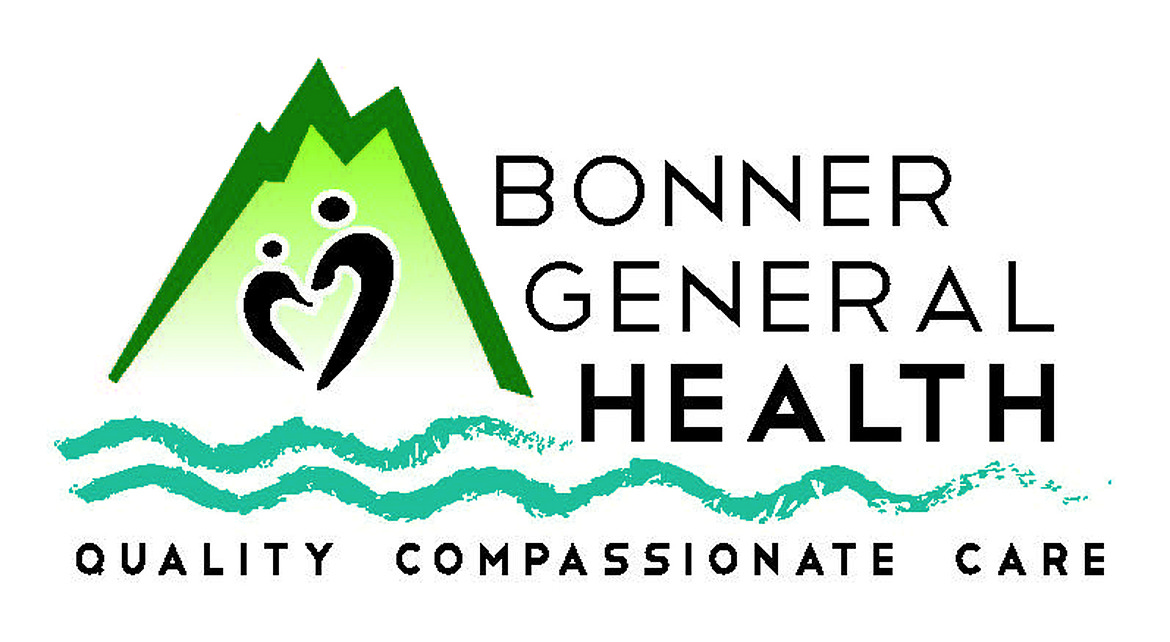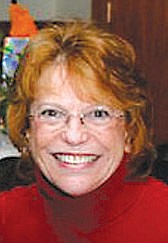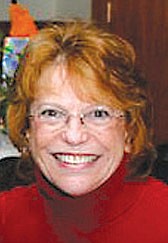Ask if you should seek routing screening for lung cancer
Fred Hutch Cancer Center is affiliated with the University of Washington Medicine. Their website tells the story of a man named Bill who had moved from Hawaii to Sequim and made an appointment to see a new primary care provider.
The new PCP asked Bill if he was a smoker. “I used to be,” Bill responded, “but, I haven’t smoked in over five years.” When the physician heard that the 71-year-old had smoked for over forty years, he recommended a lung cancer screening.
The first low-dose CT scan showed nothing out of the ordinary but gave the medicos a baseline picture. The second screening, a year later, told a different story. The scan revealed that Bill had some nodes in the lower lobe of his right lung.
Bill underwent surgery. “The cancer was caught so early that no additional treatment was required,” the website said. “A year later, there is no sign of disease, which both doctor and patient credit to the lung cancer screening that allowed for early intervention.”
Perhaps Bill’s story will encourage you to ask your PCP if a scan would be appropriate for you.
Especially if you know that lung cancer is the leading cause of cancer death.
About 80 percent of lung cancer deaths are attributed to smoking tobacco. The longer and more packs a day you smoke puts you at higher risk. The American Cancer Society says that cigar and pipe smoking are almost as likely to cause lung cancer and smoking low-tar or “light” cigarettes doesn’t reduce the risk.
“If you don’t smoke, breathing in the smoke of others can increase your risk of developing lung cancer. Secondhand smoke is thought to cause more than 7,000 deaths from lung cancer each year,” ACS says.
Other risks include exposure to radon, asbestos, and other cancer-causing agents in the workplace. Two large studies found that smokers who took beta carotene supplements had an increased risk of lung cancer and as a result recommends that people who smoke not take them.
“Brothers, sisters and children of people who have had lung cancer may have a slightly higher risk of lung cancer themselves, especially if the relative was diagnosed at a younger age,” ACS says. “It’s not clear how much of this risk might be due to shared genes among family members and how much might be from shared household exposures such as tobacco or radon.”
It’s thought that smoking marijuana may increase lung cancer risk, but it’s hard to study since it’s illegal in so many states. And, because E-cigarettes are fairly new, there isn’t conclusive data, but bear in mind that they are classified as “tobacco” products.
There are two main types of lung cancer, non-small cell lung cancer (NSCLC) and small cell lung cancer (SCLC). NSCLC accounts for between 80 and 85 percent of all lung cancers, and there are subtypes to NSCLC that I won’t take the space to explain, but you can look up. About 10 to 15 percent of all lung cancers are SCLC.
“Along with the main types of lung cancer, other tumors can occur in the lungs,” ACS says. They include lung carcinoid tumors which are slow growing and account for fewer than 5 percent of lung tumors.
Most lung cancers don’t cause symptoms until the cancer has spread. ACS says that most of the following symptoms are more likely caused by something else but would certainly be something to talk to your healthcare provider about. They include a cough that doesn’t go away or gets worse; coughing up blood or rust-colored sputum; chest pain that is often worse with deep breathing, coughing, or laughing.
Other symptoms such as hoarseness, loss of appetite, unexplained weight loss, shortness of breath, feeling tired or weak or a new onset of wheezing should be reported to your PCP. If you have infections such as bronchitis or pneumonia that don’t go away or keep coming back, you should consult with the medico.
There’s a terrifically long list of symptoms you might experience if the cancer has spread to other parts of your body. The point is, if you are at high risk, think about asking for a lung cancer screening. It could save your life.
Kathy Hubbard is a member of Bonner General Health Foundation Advisory Council. She can be reached at kathyleehubbard@yahoo.com.



